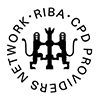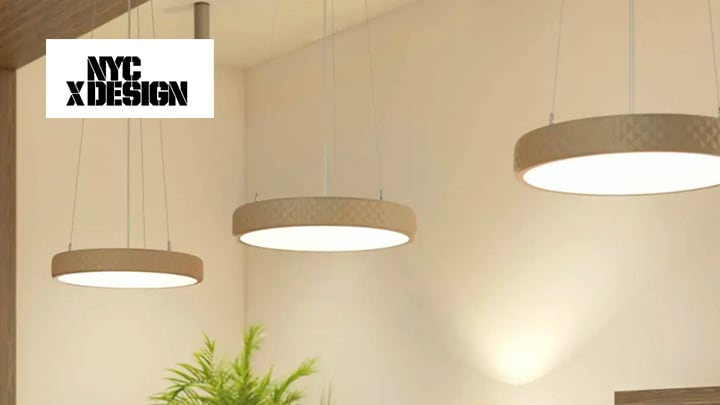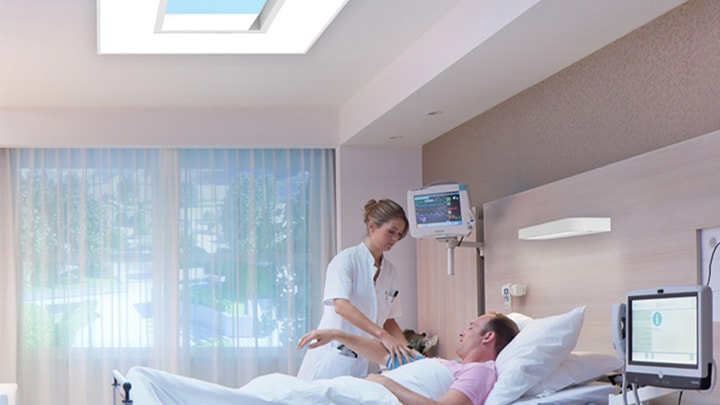Click the video player to watch the webinar and learn how fine-tuning light to our circadian rhythms can boost health and well-being.


In a sense, our brains are blue-sky detectors. We have evolved to scan the ambient light for its color, as this gives us useful information about the time of day. This has great implications for our wake-and-sleep patterns, and for our health and well-being. In natural habitats, the system works perfectly. But in a built environment with artificial lighting, our brains need a little help.
Understanding the circadian system allows us to mitigate the effects of jet lag, improve sleep and increase alertness. There are even indications that light therapy can raise the effectiveness of medication regimens, and that it might affect the clinical findings in studies involving test animals. Also, different wavelengths of light affect our minds in different ways.
In Light and health: implications for hospitality and beyond you will discover how new neurological and behavioural insights are transforming lighting applications in the hospitality and health industries, and beyond. This is especially relevant to populations that are highly sensitive to the effects of light, such as teenagers, the infirm and the elderly.

3D printing, our way to a brighter and sustainable future
In this webinar, you will learn about 3D printing, our way to a brighter and sustainable future

Light as a service
Attend this webinar to learn how Light as a Service (LaaS) can upgrade their lighting systems with no upfront investment, offering energy efficiency, improved safety, and sustainability.

Better light, better care
Discover how smart, connected lighting can enhance patient comfort, improve staff efficiency, and optimize workflows in imaging rooms to create better healthcare environments.